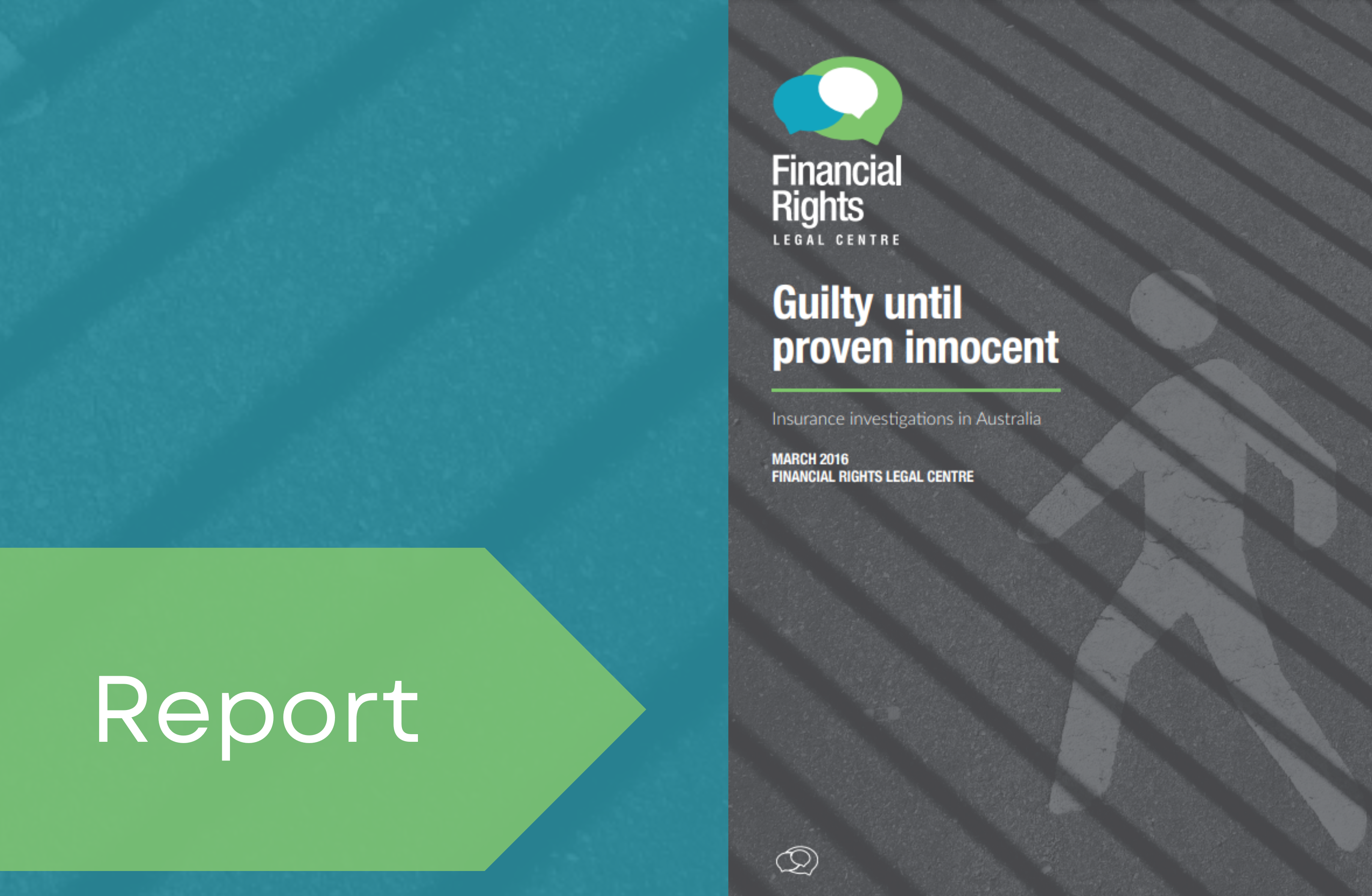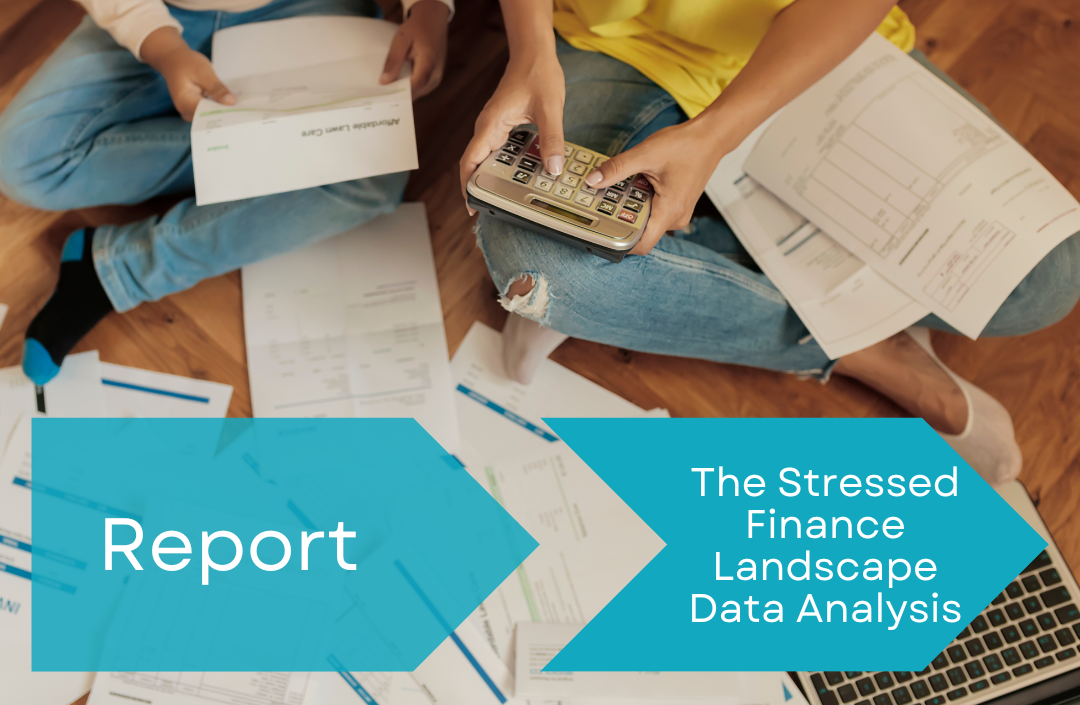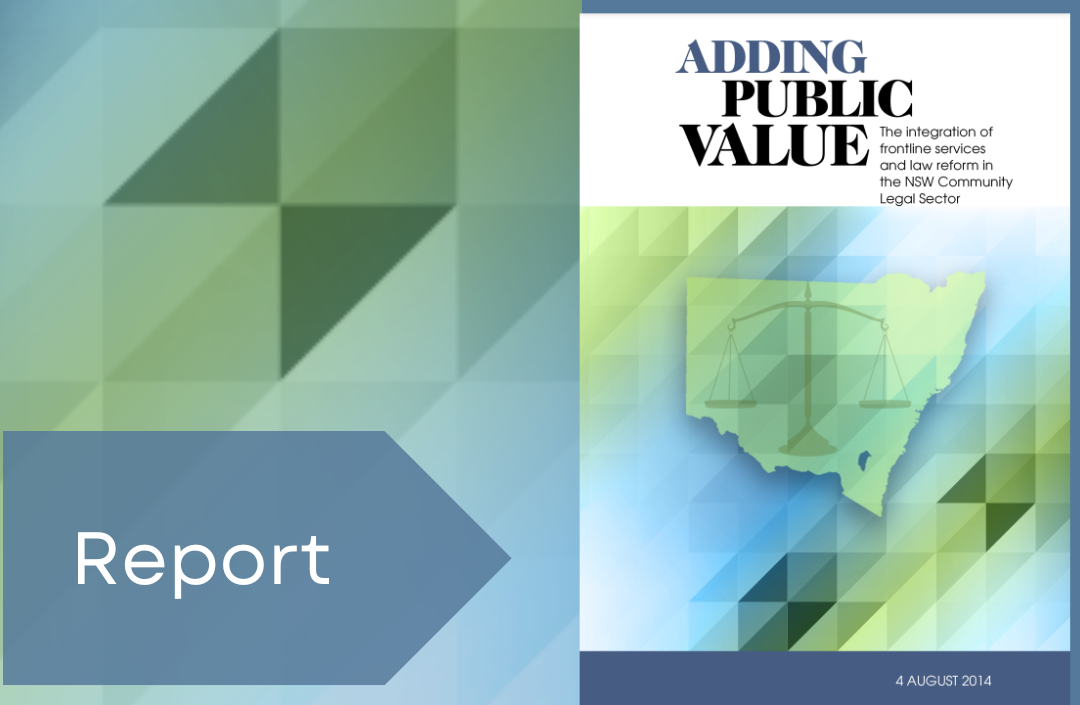Financial Rights Legal Centre solicitors have long noted that a significant proportion of their work on the Insurance Law Service was devoted to providing advice to policyholders who found themselves subject to insurance investigations. It is accepted that insurers are entitled to investigate to ensure claims are genuine; however, there seems to be a lack of rules and consumer protections for consumers being investigated. There are no specific standards for the conduct of claims investigations in the General Insurance Code of Practice. There are no guidelines for the use of interpreters or independent support people, no right to have the interview held in a neutral location, no reminder or suggestion to seek legal advice and no interview time limits.
This Report Guilty until proven innocent takes a close look at investigations in general insurance – the investigation process, the lived experience of consumers subject to investigations and the matrix of consumer protections in place. It draws on a number of resources, including case studies of our clients, a survey of our callers, interviews with insurers and investigators, an analysis of Financial Ombudsman determinations and a range of information from academic research to government reports.
Amongst our it’s many findings our research found that:
- Close to one in four calls to the Insurance Law Service are from policyholders with concerns relating to insurance investigations.
- The average insurance investigation dispute last 18 months, some taking 3 years. A lot of consumers withdraw their claims because of the onerous demands placed on them by the investigation.
- There are little to no safeguards in place to protect consumers from the worst excess of the insurance investigation industry.
The private investigator sector is like the ‘wild west’ – licensing is a mess with vast differences across the states and few, if any consumer protections.
This Report puts forward 14 recommendations including that the industry establish a set of best practice standards for insurance investigations to be included in the General Insurance Code of Practice.
consumer report which was recently commissioned jointly by the Consumer Action Law Centre, Melbourne, Good Shepherd Micro-Finance and the Financial Rights Legal Centre, Sydney. The report has been provided by Digital Finance Analytics (DFA), which completed its analysis using insights from the DFA household survey, which is an omnibus that engages with 26,000 households a year about their finances.
A report by Digital Finance Analytics and Monash University Centre for Commercial Law and Regulatory Studies (CLARS). This research was commissioned by Consumer Action Law Centre, Good Shepherd Microfinance, and
Financial Rights Legal Centre. Research was conducted by Digital Finance Analytics and the Centre for Commercial Law and Regulatory Studies at Monash University, using their proprietary tools and methods.
This report draws on quantitative and qualitative survey data collected by DFA over the past 10 years. The report reviews detailed data from the 2005, 2010 and 2015 surveys as a means to dissect and analyse the longitudinal trends. The data results are averaged across Australia to provide a comprehensive national picture of the financial behaviour of Australians, with a particular focus on the role and impact of payday lending.
The DFA report is based on consumers responses to an omnibus survey that interfaces with more than 26,000 Australian households each year. The report, among other things demonstrates the tremendous growth of the payday lending industry in the last ten years, the growth in the number and type of Australians using payday loans and a variety of demographic and qualitative information about those users.
This Report was prepared for the Financial Rights Legal Centre & Community Legal Centres NSW by Judith Stubbs & Associates. The Report seeks to understand, document and quantify the impact of linking policy and law reform as part of an integrated service provided by CLCs in NSW. It also seeks to test the claims made by the sector and academics in relation to the value of policy and law reform.
Findings
- Law reform or systemic advocacy activities were generally seen as important and effective, typically using 10% of a centre’s resources
- Of the ten case studies, six provided significant benefits across a range of areas and to larger groups often characterised by disadvantage and vulnerability. In another three cases, there was a significant benefit to a small group characterised by significant disadvantage.
- The study finds that policy and law reform activities undertaken by Community Legal Centres provide good value to society, are generally of high merit, and meet the social and economic objectives of government and the sector when assessed against key outcome measures.
- This study finds that there is an important role for the sector in continuing its work in policy and law reform, integrated with front line services, to maximise the efficient use of resources, further the objectives of government, and support access to justice for all people, particularly those most disadvantaged in Australian society.
CCLC released its ‘Report in relation to Debt Collection’ in April 2004. The report, produced with support from the Law and Justice Foundation of NSW, reviewed the law in relation to debt collection, and consulted with industry and consumer stakeholders. In partnership with the Australian Consumers’ Association, we surveyed consumers regarding their experience of debt collection practices.
The level of consumer debt in Australia has been growing at unprecedented rates. At the same time there have been changes in debt collection practices, including increased outsourcing of debt collection to specialised debt collection agencies, and considerable consolidation of the debt collection industry resulting in a number of large, listed companies operating across state borders.
The report identifies a number of issues of concern, including harassment, collecting old debts, credit reporting, issues in relation to proof of debt, and other unethical debt collection practices.
CCLC was commissioned by the Australian Securities and Investments Commission (ASIC) to conduct a research project on finance and mortgage brokers operating in Australia. We set out to look at some key aspects of the broker industry in Australia (such as fee/commission structures, access to lenders, etc) as well as the consumer issues that arise out of the use of broker services. The Report was released in March 2003, and contains an extensive analysis of the Australian broker industry, the regulation of brokers, the effectiveness of consumer redress, international regulation of brokers, and suggestions for reform.




